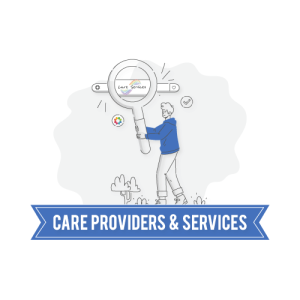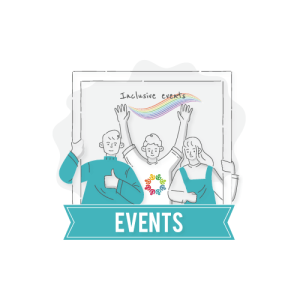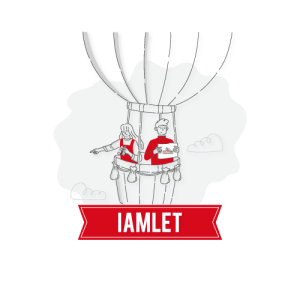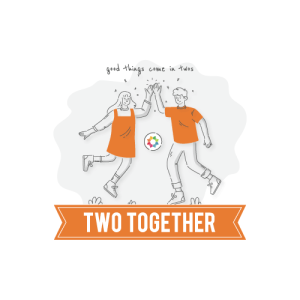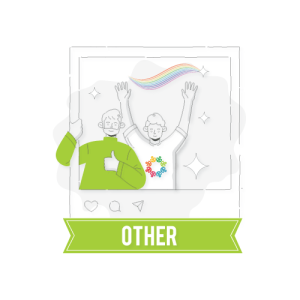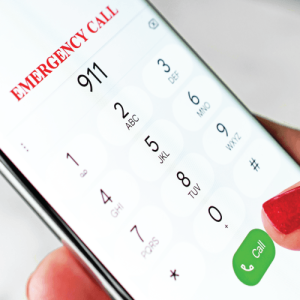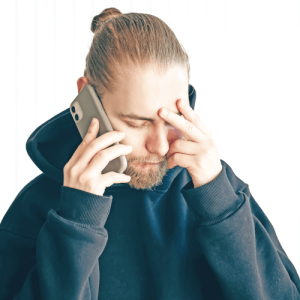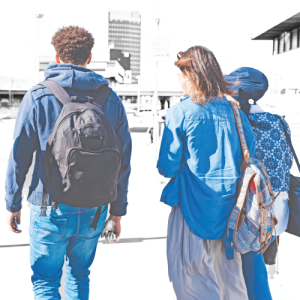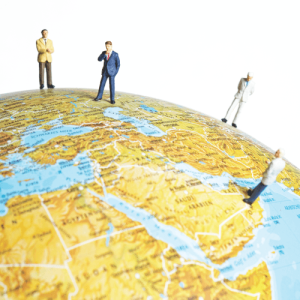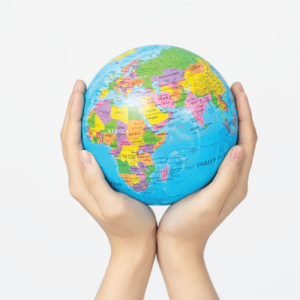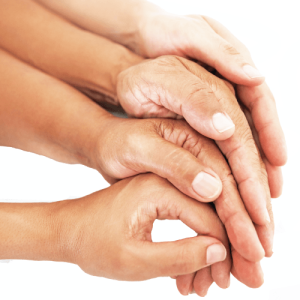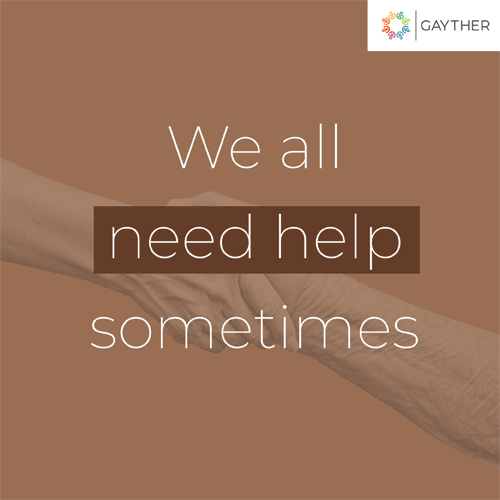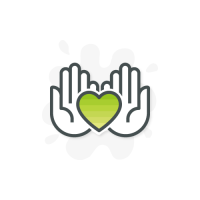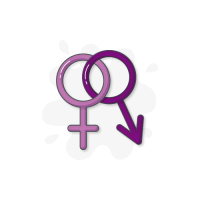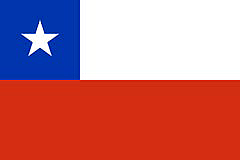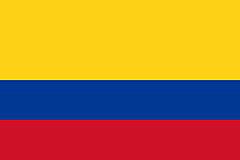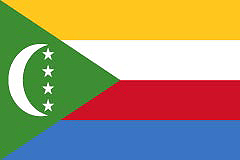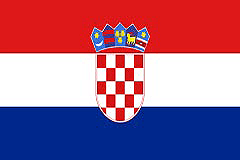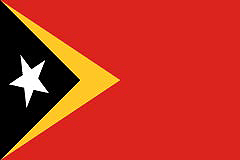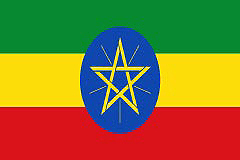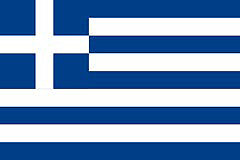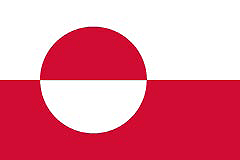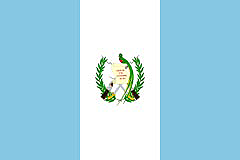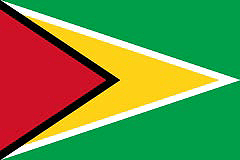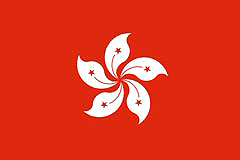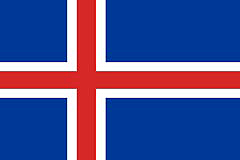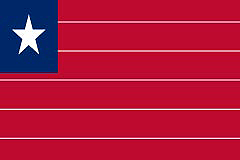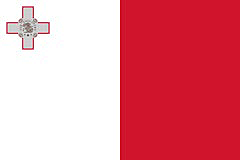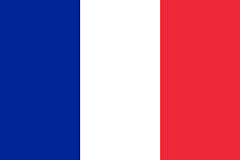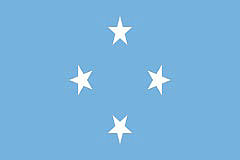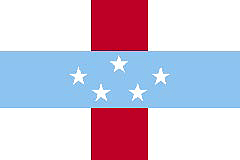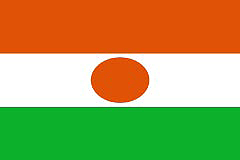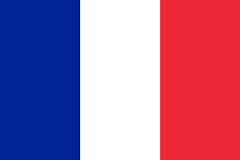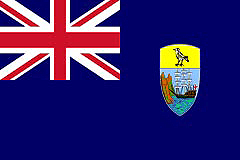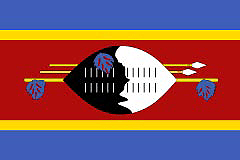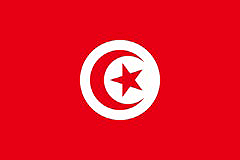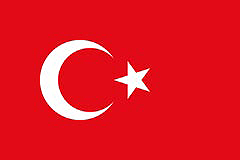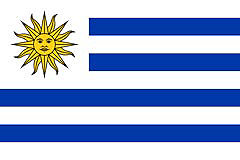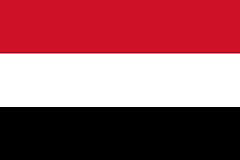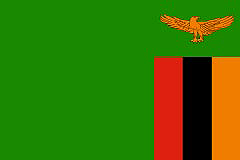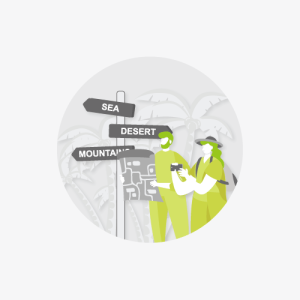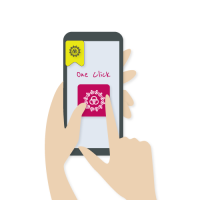
2021 Worldwide LGBTQIA+ Equality Index
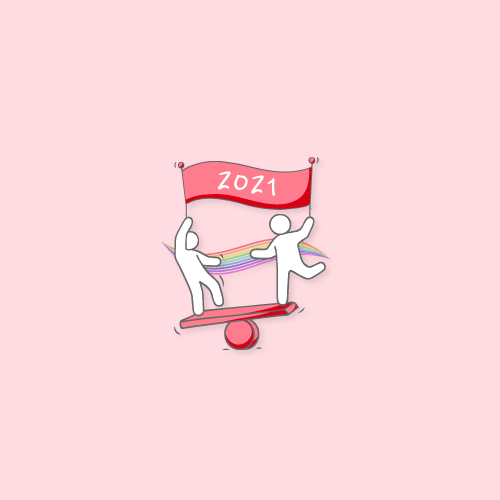
32.7 million or 16.1% of the worldwide LGBTQIA+ community live in countries that are classified as high or very high within the equality index
The gay, lesbian, bisexual, transgender, and all groups with non-traditional gender and sexual identities, collectively known as the LGBTQIA+ community, have been around in many forms for thousands of years. The community faced hundreds of years of persecution, targeted campaigns and gruesome convictions when prosecuted. It was not until the late 18th century that the gay movement began to gain momentum, with prominent people advocating for equality and a movement that continues today.
The LGBTQIA+ equality index focuses on the global status, rights, and legal treatment of the community. The index is compiled by reviewing the many rules and laws that directly affect and impact the community, areas such as the same-sex legal status, the right to marry, anti-discrimination laws and other key metrics
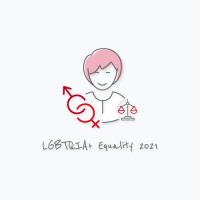









































































































































































































































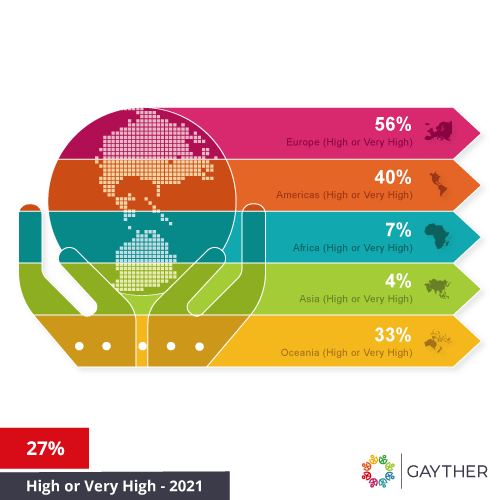
- 26.3% or 53.5 million individuals live in countries in which it is illegal to carry out same-sex related acts
- 84 countries have extensive anti-discrimination laws in place
- 54 countries allow LGBTQIA+ individuals or couples to adopt
- 42% or 98 countries have laws concerning gender identity/expression
- 11 countries have nationwide bans in place concerning Gay Conversion Therapy
- In 2021, in terms of the worldwide equality index:
- 26.6% of all countries are classified as high or very high
- 45.1% of all countries are classified as medium-high or medium-low
- 28.3% of all countries are classified as low or very low
- 26.3% or 53.5 million individuals live in countries in which it is illegal to carry out same-sex related acts
- 42% or 98 countries have laws concerning gender identity/expression
- For members of the LGBTQIA+ community living in countries in which same-sex related activities are illegal if prosecuted:
- 22 countries still criminalise same-sex activities; however, they do not enforce prosecutions
- 8 countries issue penalties of up to 2 years imprisonment
- 28 countries issue penalties from 2 years to life imprisonment
- 12 countries issue death sentences
- In terms of anti-discrimination laws:
- 84 countries have extensive laws in place
- 36 countries have some laws in place
- 113 countries have no laws in place
- In terms of other key factors affecting the LGBTQIA+ community:
- 54 countries allow LGBTQIA+ individuals or couples to adopt
- 113 countries permit LGBTQIA+ individuals to serve in the military
- 11 countries have nationwide bans in place concerning Gay Conversion Therapy
- 1 country has legalised Gay Conversion Therapy, making it state-approved
- Sudan, though it still criminalises same-sex relationships, the country has now lifted the death penalty for homosexuality
- Gabon decriminalised same-sex relationships, one-year after criminalising it
- Same-sex marriages became legalised in Costa Rica, Sark (Channel Islands) and Montenegro
- In South Africa, state marriage offices and magistrates can no longer decline to wed same-sex couples
- Hungary passed a constitutional amendment banning same-sex marriage, adoption by same-sex couples and ended recognition of changes of sex for legal purposes, including on documents for those who are Transgender and Intersex
- Russia implemented a referendum on more than 200 constitutional amendments resulting in a constitutional ban on same-sex marriage
- The Cayman Islands and Costa Rica passed laws allowing same-sex couples to adopt
- Albania and Germany implement nationwide bans relating to Gay Conversion Therapy
 Click on a specific country within the map to find out the equality score
Click on a specific country within the map to find out the equality score
The LGBTQIA+ equality index focuses on the community’s global status, rights, and legal treatment. The index is compiled by reviewing the many rules and laws that directly affect and impact the community, including same-sex legal status, the right to marry, anti-discrimination laws and other key metrics. To understand all of the areas and how they contribute to the overall score, click here to view the how it was calculated page
Through the work of advocates and pioneers, many members of the LGTBQIA+ community now have the rights and freedoms to live their authentic lives or selves without fear of persecution; however, there are still inequalities and injustices occurring all over the world. Many brave individuals and groups work within those countries to change the laws and opinions, so hopefully, everyone will have the freedom and protection under the law one day.
Simply put, the higher a country scores, the lower the equality status of that country on the index. The lower the status, the worse they treat members of the LGBTQIA+ community. IMPORTANT: If you feel your life is in danger or fear persecution, visit the non-profit organisations and support groups’ pages. There are many specialist charities and groups available worldwide that can help. A link to support groups can be found in the footer of every page on the Gayther service
TAKING PRIDE IN YOU

It depends – visiting a country and living within a country are two very different things. A country with an equality status of medium to very low will typically not be treating members of the LGBTQIA+ community living in that country with the same rights and protection within the law as those heterosexual people residing within that country. If you are visiting, often by being discrete for the duration of your stay, you will likely visit without any incident; however, there is still a risk, and you should carry out independent research before you travel

In 2021, there are twelve countries that in force the death penalty; those countries are Afghanistan, Brunei Darussalam, Eritrea, the Republic of Islamic Iran, Libya, Mauritania, Nigeria, United Arab Emirates, Saudi Arabia, Somalia, Tanzania and Uganda. Those countries listed are known to have elements within their societies where there are orthodox or traditional religious beliefs. With the majority within those countries holding strong beliefs, the governments and vigilantes target the LGBTQIA+ community, often distracting their societies from what is going on, typically corrupt governments, crippling debt, social inequality or any one of the problems these countries face
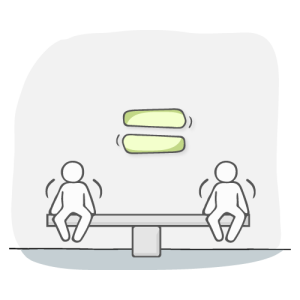
Equality means equal rights and treatment, which means not treating someone differently because of their gender or sexuality. Equality represents a belief that everyone within any given country should have the same rights and privileges enjoyed and given to the majority of people living in that country. In the example of sexuality, the majority would be individuals who identify as heterosexual. Equality would mean for the LGBTQIA+ community that people should be able to live without fear of persecution, love whomever they love, without condemnation and have the same access to education, healthcare, marry or form civil partnerships, and create loving family units
DISCOVER WHICH COUNTRIES LEGALLY RECOGNISE GENDER IDENTITIES...
Gender and body dysmorphia affects many people each year. Many will feel trapped in the wrong body and look to transform their outer appearance to reflect their inner self. For those going through their transition, it is often a challenge and lengthy process. Discover how each country around the world legally acknowledges and treats gender identities
Please select a country from the drop-down list to discover common phrases relating to equality
LGBTQIA+ COUNTRY & REGION GUIDES
The total number of countries is grouped by how well they score within the Worldwide LGBTQIA+ Equality Index. The index is based on 233 countries across the globe.
The Gayther equality index focuses on the LGBTQIA+ community’s global status, rights and legal treatment. The index is compiled by reviewing and categorising the many rules and laws that directly affect and impact the community. Categories and areas include same-sex legal status, the right to marry, anti-discrimination laws and other key metrics. Click here to view the How it was calculated page to understand all of the areas and how they contribute to the overall score
How can the LGBTQIA+ Equality Status help visitors and travellers?
The LGBTQIA equality index + indicates how well a country treats its citizens and the local community. Though many issues individuals face within a country, such as the right to marry or adopt, will not affect visitors or travellers, it helps to gauge attitudes. Countries, where LGBTQIA+ identities are more widely accepted within society tend to have more progressive laws. Laws, especially in democratically elected governments, are typically driven and implemented based on consensus and high approval rates amongst most citizens. Where countries score lower on the equality scale, the LGBTQIA+ community will likely face hostility, including visitors and travellers to that country, unless they are discrete. Ultimately the index is a great indicator; however, it is not the only one that can affect someone’s travel experience. Research must be carried out when planning to travel to a particular area or region to ensure that there are no problems, such as extreme weather, outbreaks of diseases or violence

When reviewing data, it is crucial to understand what it represents, whether it reflects the world and the experience of all those affected. Changes within any given country or region are not restricted to a specific month of the year or even are automatically triggered. Change, especially concerning equality, gender recognition, same-sex marriages and the status of gay conversion therapy, often takes work. Typically by many large groups of dedicated and focused individuals advocating and fighting for justice for positive change within their local communities.
The indices have been created to help you understand the world around you; however, engaging with your global community is essential. It is vital, especially if you are familiar with your desired destination. By reaching out and communicating with other members of the LGBTQIA+ community, you can establish critical details. It only takes a small amount of effort in locating people from or those who have already visited your particular destination for advice. Engaging on social media and Gayther’s networking platform, Gayther Affinity, can help you connect with the global LGBTQIA+ community.
EXCEPTIONAL PEOPLE MAKING HISTORY
Gayther...your community resources
Three dedicated websites offer various tools, services, guides, and much more. Free tools and services tailored toward all groups within the global LGBTQIA+ community
There are thousands of events taking place, it is not always easy to know what is going on and when, Gayther can help
SMARTPHONE SHORTCUTS & BOOKMARKS
- The index has been compiled and is correct as of Jan 04, 2021
- The index has been compiled using a variety of different sources, including news articles, publications and websites such as Wikipedia
IMPORTANT DISCLAIMER: The LGBTQIA+ equality index has been compiled based on the rules and laws that exist at a national level, rather than for any given region, state or province. Though a country may score low on the index, it does not necessarily mean that they are not safe to travel to if personal discretion is applied. The LGBTQIA+ worldwide equality index is for illustrative purposes only and does not constitute advice. It is essential that you carry out independent research on any countries you plan to visit before going as laws and regulations change frequently. Your country’s foreign office will advise any given country’s status and whether it is safe to travel there. Though we endeavour to keep all information across the site updated, we do not provide any guarantees to the accuracy and completeness of any information displayed. This page may contain external links to third party websites; Gayther provides these links for your convenience and does not endorse, warrant or recommend any particular products or services. By clicking on any external links, you will leave Gayther and be taken to the third-party website, which you do so at your own risk and by accessing the site, you will be required to comply with the external third party’s terms and conditions of use and privacy policies


